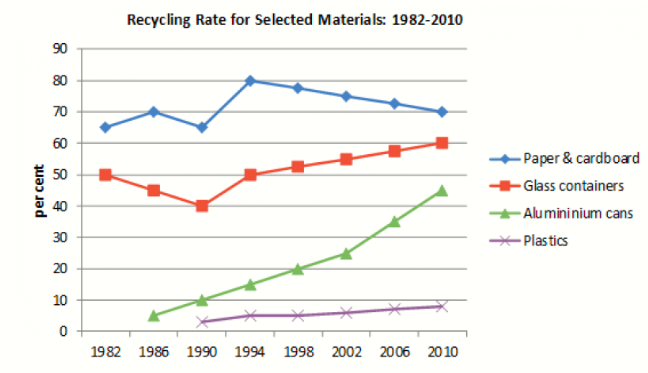In this globalized world, some individuals highlight the importance of the English proficiency over the education of local languages. This situation, therefore, has exerted an influence in societies, leaving many on the brink of extinction. Personally, I concur with the significance of learning English for global communication but simultaneously, the conservation of mother tongues is also crucial.
There are several compelling reasons why some extol the virtues of learning English in daily lives. Firstly, excelling in English opens opportunities for global oral communication. Granted, with the proliferation of English, people communicate and interact with each other without any barrier which inherently exist in the past. This favorable reality fosters the exchanges of more ideas and information, enhancing international relationships. In addition, the understanding of English allows individuals to gain access to a breadth of materials. It is true that in the past, owing to language barrier, there was limited number of documents that human could access to which curbed their research and knowledge. Nevertheless, if learning English is valued, then people can reap the benefits from a treasure of materials.
Given the prominence of English, I concur with the actions that should be taken to preserve endangered local languages. Undoutedly, language is a part of culture and tradition of a country which represents national identity. Not only has it has formed the medium of communication of a large group of peoples for thousands of years but it also has underlying values and stories. Therefore, the losses of local languages due to the preference for English is prone to result in the ignorance of the origins, lacking a sense of patriotism and appreciation towards the country.
In conclusion, although English is an asset in this globalization in the light of global communication and access to broader documents, I advocate for the endeavors to ensure the existence of mother tongues. This is primarily because they serve as a symbol of a nation which presents one’s culture, tradition and origins. Lacking understanding of their own languages can lead to the decreased patriotism and respect.






 Đăng ký
Đăng ký 

Bạn cần đăng nhập để them gia bình luận